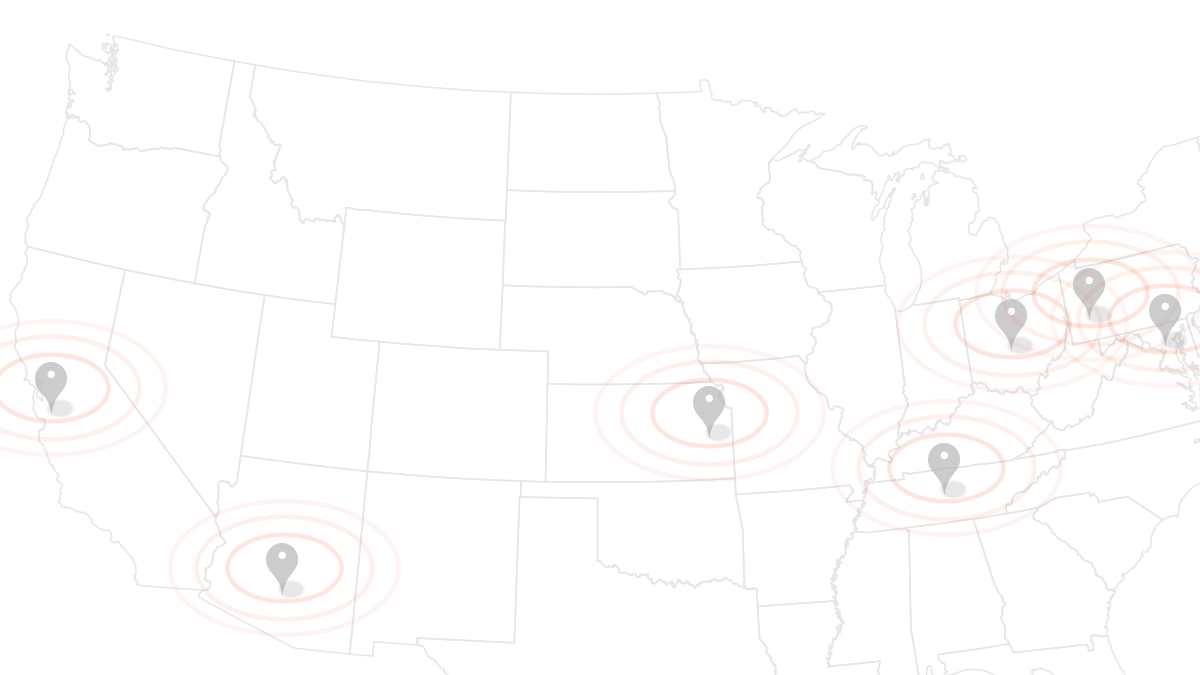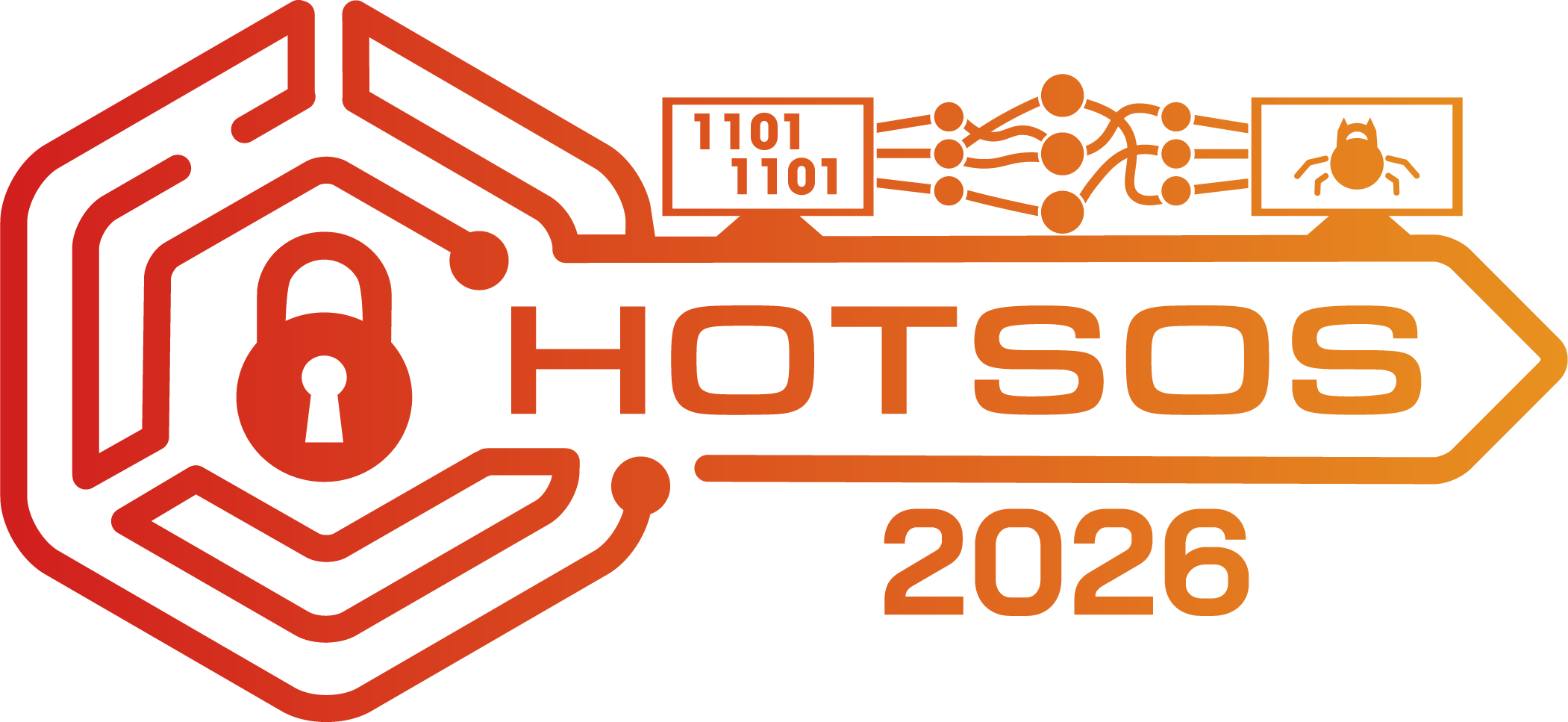Invited Paper: Chang Liu, PhD Student, University of Maryland
Winner 2013 NSA Competition for Best Scientific Cybersecurity Paper: Memory Trace Oblivious Program Execution for Cloud Computing
April 21, 5:00 p.m.
In this work, we are among the first to leverage programming language techniques to offer efficient memory-trace oblivious program execution, while providing formal security guarantees. Our contributions are twofold. On the one hand, we formally define the notion of memory-trace obliviousness (MTO). On the other hand, we co-design a new compiler and architecture called GhostRider to provide a better performance than prior work. The idea is to design a new secure processor architecture to support a hybrid memory model, consisting of not only multiple ORAM banks, but also normal DRAM, non-oblivious encrypted RAM (ERAM), and a scratchpad. GhostRider’s compiler has a security type system to formally enforce that a well-typed program enjoys MTO, and an optimizer to intelligently allocate data in the hybrid memory model to reduce access time. Our FPGA-based hardware prototype and simulation results show that GhostRider significantly outperforms the baseline strategy which stores all data in one giant ORAM.
Bio: Chang Liu is currently a third year PhD student in the Department of Computer Science at University of Maryland, College Park. His research interest lies at the intersection between programming languages and security, and particularly, in the trace oblivious properties of programs in different security application scenarios. His work has won the 2013 NSA best scientific cybersecurity paper award, and the best paper award at ASPLOS 2015.

